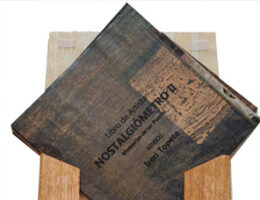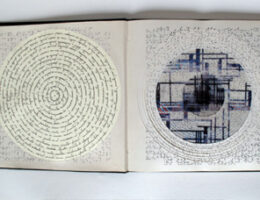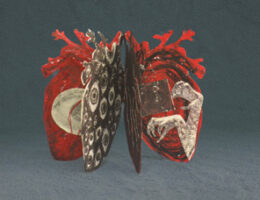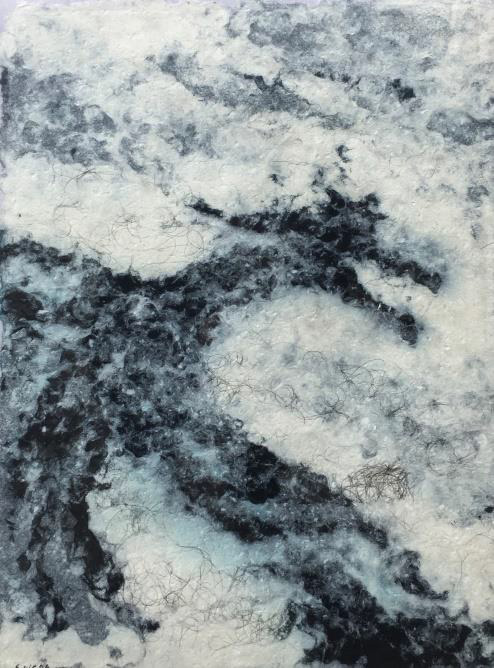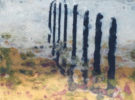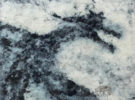“Los medios y las formas son tan importantes en la creación, que se convierten en nuevas realidades. Hay una recreación total del arte en sus materiales como en sus fines”
Francastel
El washi zokei se destaca por ser un género artístico con características particulares que lo distinguen y ubican en la temática de la relación indivisible de material y contenido. En una propuesta plástica, el material, además de proporcionar tangibilidad a la obra, transmite un significado en sí mismo. Ejemplo de ello es el washi zokei, poco investigado a pesar
de que su estudio y ejercicio lo ubican como una propuesta original y contemporánea en el ámbito estético; el washi puede ser tratado desde diversas perspectivas, como material, técnica, obra, cualidades idiomáticas del material, alternativa ambiental estética, percepción táctil y háptica en el proceso de elaboración, etc., sin embargo, en este ensayo se propone una aproximación a las cualidades estéticas del washi zokei. Para ello, este texto presenta el concepto de washi zokei, los materiales y procesos que intervienen en él, y las cualidades de la obra susceptibles
de generar una experiencia estética desde las características idiomáticas del material,
El washi zokei es un medio de expresión plástica que surge en la concepción misma de la obra, no existe un soporte previo, sólo una idea y materia en potencia; durante la generación de la obra, proceso y resultado se distinguen por la relación íntima entre el material y la energía del creador, en donde el cuerpo interviene plenamente dejando huellas en la factura de la obra que funde simultáneamente: materia, medio e intención.
Abstract
“Media and forms are so important in creation, they become new realities. There is a total re-creation of art in its materials as in its ends “
Francastel
The washi zokei stands out for being an artistic genre with particular characteristics that distinguish it and place it in the theme of the indivisible relationship of material and content. In a plastic proposal, the material, in addition to providing tangibility to the work, transmits a meaning in itself.
Example of it is the washi zokei, little investigated in spite of the fact that its study and exercise place it as an original and contemporary proposal in the aesthetic field; washi can be treated from various perspectives, such as material, technical, work, idiomatic qualities of the material, environmental alternative aesthetic, tactile feel and haptic in the process, etc., however, in this assay it proposes an approach to aesthetic qualities of washi zokei. For this, this text presents the concept of washi zokei, the materials and processes that intervene in it, and the qualities of the work capable of generating an aesthetic experience from the idiomatic characteristics of the material, The zokei washi is a means of plastic expression that arises in the very conception of the work, there is no previous support, only an idea and potential subject; during the generation of the work, process and result
are distinguished by the intimate relationship between the material and the energy of the creator, where the body intervenes fully leaving traces in the invoice of the work that merges simultaneously: matter, medium and intention.
Key Words: washi zokei, material, fibers.
